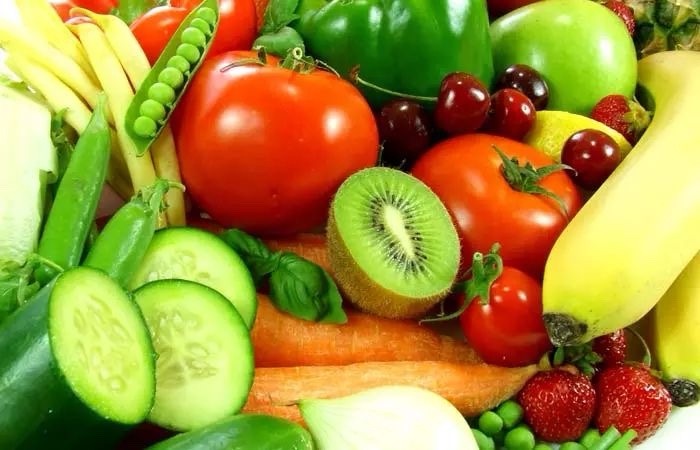
Winter is the perfect time to enjoy nourishing, comforting meals that strengthen your immunity and keep you warm. Steering clear of these 8 foods can help you stay energized and healthy all season long. Embrace seasonal eating by opting for freshly cooked, warming dishes instead of cold or cooling options. Eat wisely, stay cozy, and make the most of the winter season!
Winter brings cozy blankets, warm drinks, and hearty meals, but it’s also a time when our immune systems need extra care. What you eat plays a big role in staying healthy and warm. Surprisingly, some foods that seem fine—or even healthy—can actually cause discomfort or health issues during the colder months. Here are 8 foods to avoid this winter and how skipping them can help you feel your best.
Raw Vegetables
Raw veggies like cucumbers, lettuce, and tomatoes might feel like a healthy pick, but in winter, they can actually cool your body down. With the chilly weather already making it hard to stay warm, these can also slow your digestion. Swap them out for hearty soups or lightly steamed veggies—they’re gentler on your stomach and help keep you cozy.
Cold milk
Drinking cold milk in winter can make you cough or feel stuffed up. Even though milk is good for you, it can cause extra mucus when it’s cold. If you like milk, try having it warm with a little bit of turmeric. It’s yummy and helps keep you healthy!
Coconut Water
Coconut water is great for hydration and refreshment, especially in the summer. However, in winter, it can lower your body temperature and leave you feeling cold. It’s better to opt for warm herbal teas or spiced drinks like ginger tea to stay hydrated and cozy during the colder months.
Fruits that are not for winter
Not all fruits are ideal for winter. Water-rich fruits like watermelon and muskmelon can cool your body and upset digestion. Instead, go for seasonal fruits like oranges, guavas, and apples. They’re packed with vitamins and help strengthen your immunity during the colder months.
Too much fried food
Fried foods like pakoras and samosas may be tempting in winter, but eating too many can slow down your digestion and lead to weight gain. Too much oil can also weaken your immune system, making you more susceptible to seasonal illnesses. Try baked or air-fried versions to enjoy the flavors without the extra oil.
Fermented Food
Fermented foods like idlis, dosas, and dhoklas are light and easy on the stomach, but in winter, they can increase acidity. The cold weather already slows down digestion, and eating too many fermented foods can lead to bloating or discomfort. It’s best to enjoy these dishes in warmer months and stick to warm, freshly cooked meals for now.
Curd
Curd is a staple in many homes, but its cooling effect makes it less ideal for winter. Eating curd can worsen cold and cough symptoms. If you’re a fan of curd, try having it as buttermilk, warmed up slightly, or mix it with spices like cumin to balance out its cooling properties.
Sugary Treats
Too much sugar weakens your immune system, leaving you more vulnerable to colds.